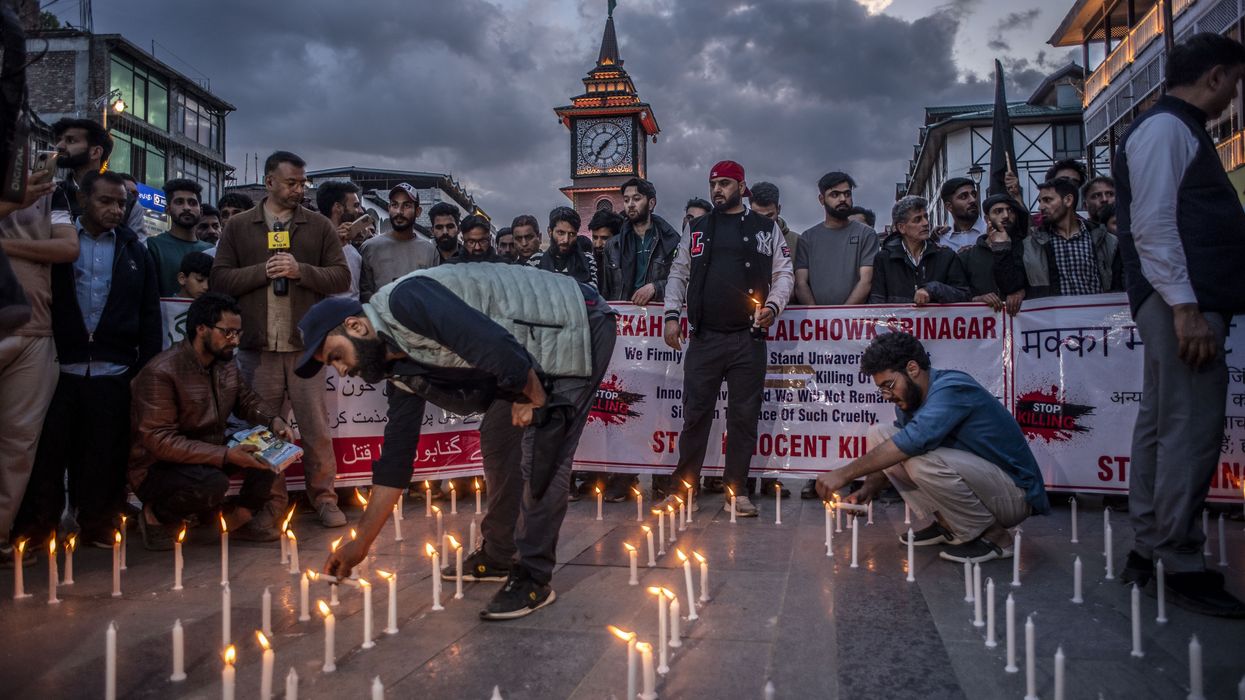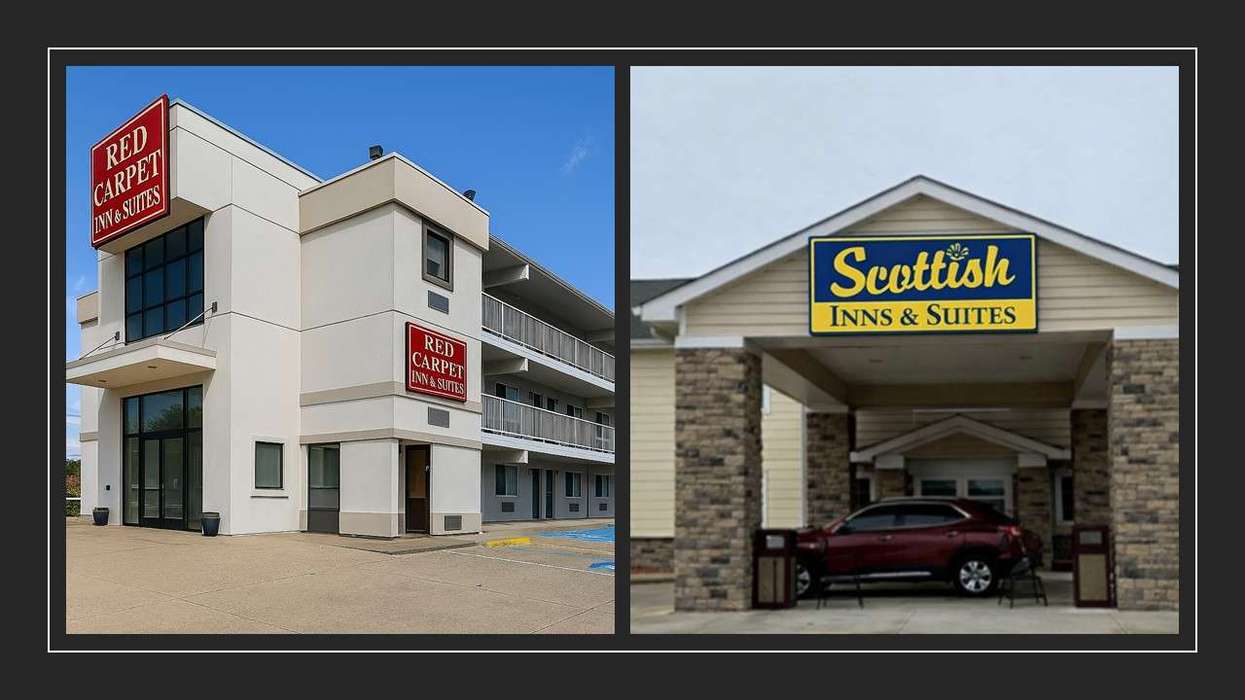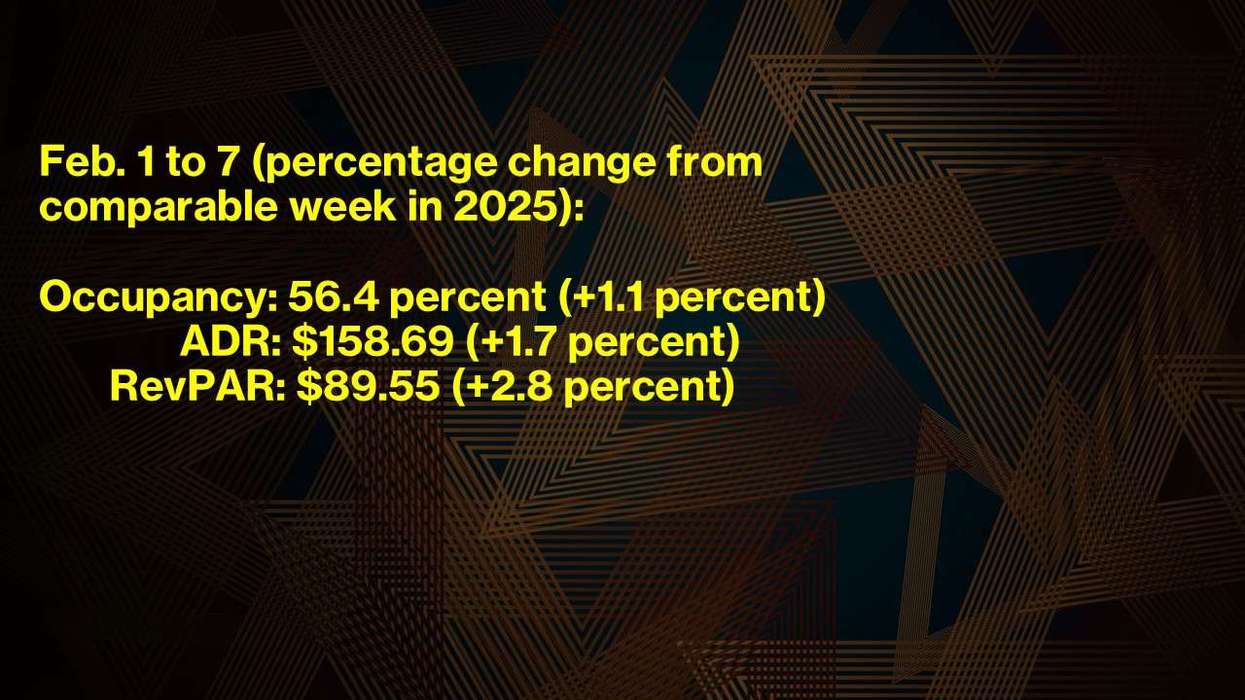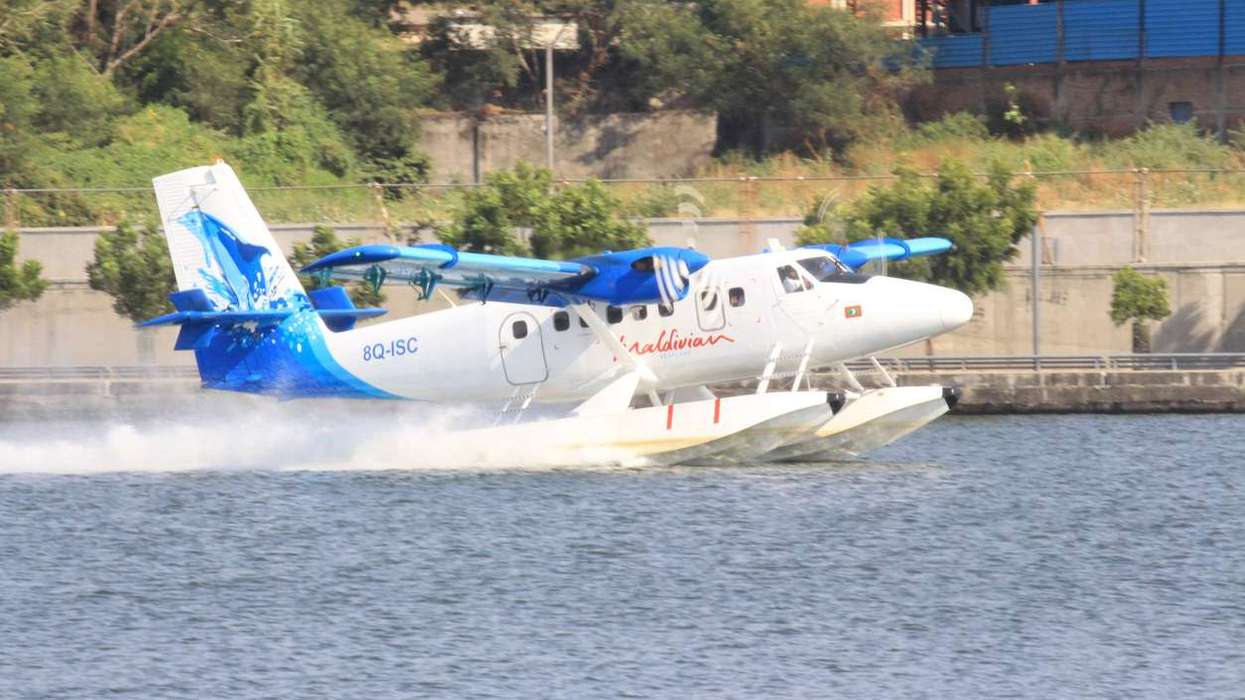Pahalgam 2025: Terror Attack Disrupts Kashmir’s Tourism Boom
INDIA’S PAHALGAM TOWN in the state of Jammu and Kashmir is gradually returning to normal seven days after a terror attack on April 22 that killed 26 people, mostly tourists. However, the Jammu and Kashmir government will shut down about 50 tourist spots and trekking trails in the Valley over security concerns, even as tourism remains a key revenue source for the state.
A group of terrorists emerged from the dense forests around the Baisaran meadows in the upper reaches of Pahalgam, a picturesque Himalayan town in the city of Anantnag often called the "Switzerland of India," and opened fire on tourists at the site, according to the BBC.
U.S. President Donald Trump condemned the incident, stating that America stands with India against terrorism.
"Deeply disturbing news out of Kashmir. The United States stands strong with India against terrorism. We pray for the souls of those lost and for the recovery of the injured. Prime Minister Modi and the incredible people of India have our full support and deepest sympathies. Our hearts are with you all," Trump said.
U.S. vice president J.D. Vance, accompanied by Indian-origin Second Lady Usha Chilukuri and their three children — sons Ewan and Vivek, and daughter Mirabel — were on a four-day visit to India starting April 21, when the attack took place.
In a post on X, Vance, who was then in Rajasthan, expressed solidarity with the victims and their families.
"Usha and I extend our condolences to the victims of the devastating terrorist attack in Pahalgam, India,” he wrote. “Over the past few days, we have been overcome with the beauty of this country and its people. Our thoughts and prayers are with them as they mourn this horrific attack."
AAHOA also expressed solidarity with the victims and their families.
“We abhor all acts of violence, and this particular tragedy is especially heartbreaking for our community of hoteliers,” the association said. “The attack occurred in a region known for its natural beauty and tourism, impacting not only the lives of innocent travelers but also hoteliers, hospitality workers, and local businesses who rely on tourism for their livelihoods. Our hearts go out to all those affected by this heinous act. We send our deepest condolences to the victims' families and loved ones, and we hope for healing for those injured and traumatized.”
The Jammu and Kashmir government has shut 48 of the region’s 87 tourist destinations and boosted security at the rest, Reuters reported, citing a government document.
Tourism impacted, but not stopped
Tourism remains one of Kashmir’s major economic drivers, with signs of faster growth this year. The industry supports thousands of people across the region, with more than 4,000 hotels reported in the state. In the first three months of 2025, more than half a million tourists visited Jammu and Kashmir, following approximately 2.95 million visitors in 2024, up from 2.71 million in 2023 and 2.67 million in 2022, according to media reports, citing official data.
Comparing the situation to the 2019 Pulwama terror attack, which killed 40 Central Reserve Police Force personnel, domestic and international travel agents are likely to avoid Kashmir as a holiday destination in 2025, unless there are signs of a truce between India and Pakistan, as in 2019, MoneyControl reported.
Tourism in Jammu and Kashmir sharply declined in 2019 following the Pulwama attack and the abrogation of Article 370. According to the Ministry of Tourism, average monthly tourist arrivals dropped to around 7,000–8,000 in 2019, down from about 30,000 in 2018. A similar drop in 2025 is expected if military tensions persist. The Kashmir Hotel Association reported 80 percent cancellations of tourist bookings after the Pahalgam attack.
Visitors from Kolkata and Bengaluru told India Today they remain confident about the region’s safety and are proceeding with their travel plans, including visits to Pahalgam.
"Kashmir is safe now, everything is open, tourists are safe, everyone is coming, so please do come if you have plans," a tourist from Kolkata, standing beside a packed van, was quoted as saying in the report.
Mohammad Anas, a tourist from Surat, Gujarat, told ANI that business in Pahalgam is continuing as usual.
"There is nothing to worry about," he said. "The Army, government, and locals are with us and ensuring our safety. We were scared after the incident and wanted to leave immediately, but the locals and Army motivated us to continue our trip."
Foreign nationals also did not feel fearful or uncomfortable after the attack, with frequent visitors noting that hospitality remained unchanged.
"We have been here for 3–4 days and feel very safe," said a woman from Croatia, according to India Today. "Your country is beautiful, and we have had no problems. Kashmir is beautiful and safe. People are very kind. We heard about the incident a day before arriving but came anyway. We are feeling safe."
Another tourist from Croatia said incidents like the one in Pahalgam can happen anywhere.
"I felt wonderful here," he told ANI. "I made so many friends. People are very welcoming. It's not easy to hear about something like that, but I didn't feel any fear or discomfort. It's not something that happens regularly; it happens occasionally and everywhere. There is no completely safe place in the world."
Here is a full list of shuttered tourist destinations in Kashmir.
India is known for its "Atithi Devo Bhava" philosophy, meaning "The guest is God," but a Canadian man, when asked to choose between India and Pakistan for better hospitality, chose Pakistan without hesitation.






